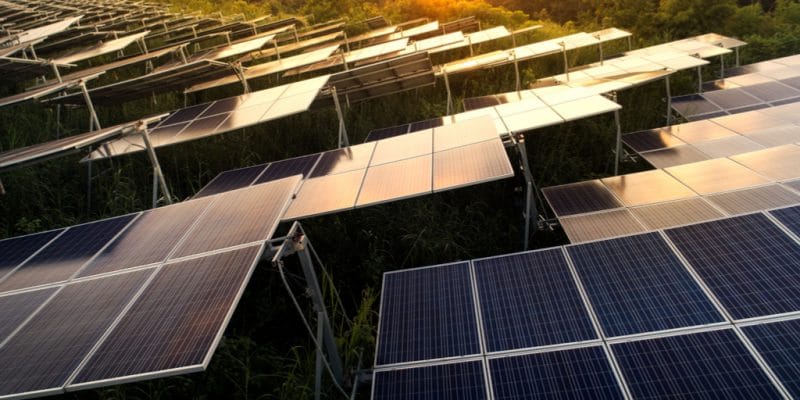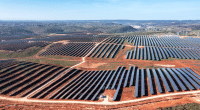GABON: Tender call to build eight solar power plants Following a partnership agreement signed in August 2019 with the French company Engie, through its subsidiary Ausar Energy, Gabon has just announced the start of construction work on eight solar power plants in three regions of the country. On April 26, 2019, a call for tenders was also issued to local companies for the development of the land.
Work on the construction of eight dams in Gabon will be launched on May 15, 2019, announced Régis Nzoundou Bignoumba, General Manager of the Deposit and Consignment Fund (CDC), the contracting authority of this project. Thirty days later, the land to accommodate the facilities for these plants should have been prepared by the workers.
The eight plants will have a combined capacity of 2.8 MW, spread over three provinces of the country. With the completion of this project, which will save nearly one million litres of fuel oil per year, Gabon hopes to reduce its pollution rate, in particular by contributing to the “reduction of the national carbon footprint”. The country would like to reduce its greenhouse gas emissions by 50% by 2025, in order to set milestones that will enable it to meet the commitments made in 2015. The following localities will host the dams: Ndjolé, Booué, Ovan, Makokou, Mekambo, Medouneu, Bitam and Minvoul. Some 100,000 households should benefit from access to electricity thanks to this project, which will also reduce “the production costs of the Gabonese Energy and Water Company (SEEG) by 40%”, as Herman Régis N. Bignoumba, CDC’s General Manager, explained. It should also reduce the many power outages that populations very frequently endure.
According to the terms of the agreement signed to this effect in August 2019 between the Gabonese government and the French company Engie, the plants will have to be available in September 2019. The cost of their implementation is estimated at 6 million euros.
Luchelle Feukeng






